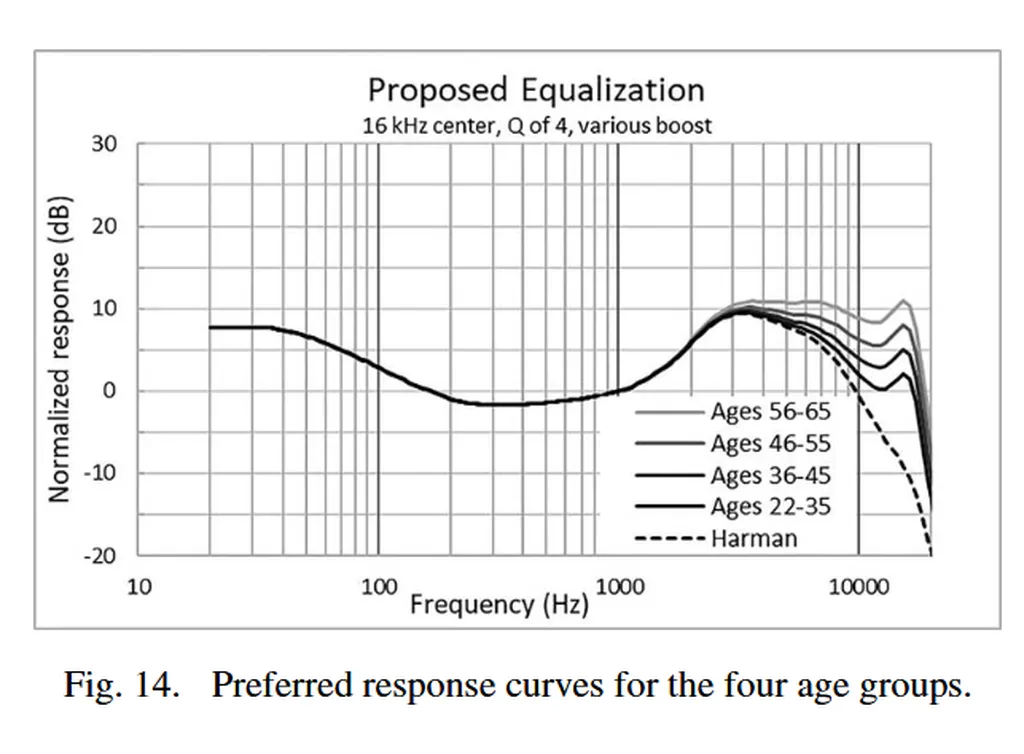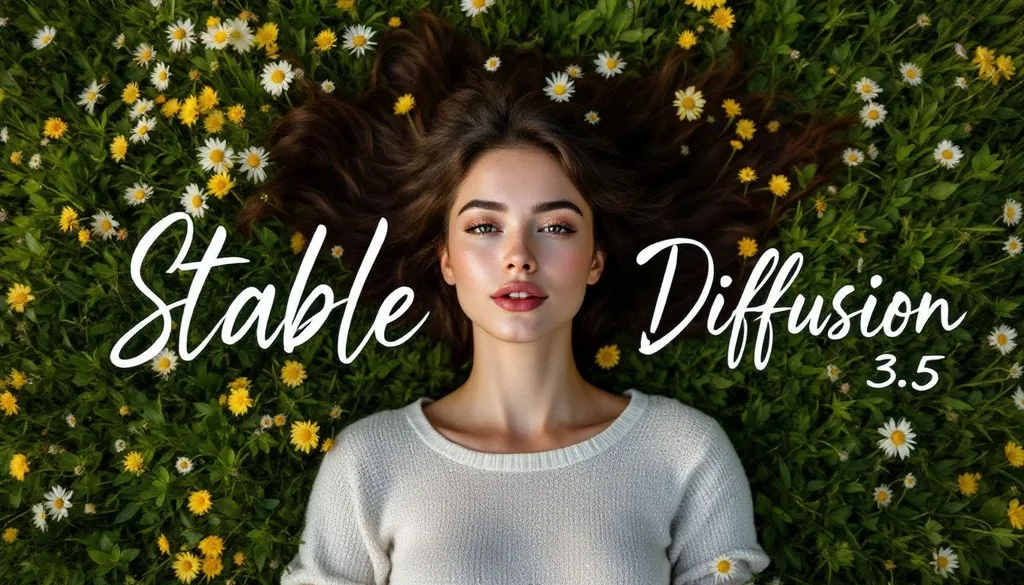In the rapidly evolving landscape of AI and music technology, a groundbreaking approach is emerging that promises to bridge the gap between human creativity and machine precision. Reinforcement Learning with Binary Flexible Feedback (RLBFF), a novel method developed by Zhilin Wang and colleagues, is set to revolutionize how AI systems understand and respond to human preferences in music creation and production. While the original research was focused on language models, the principles and techniques can be readily adapted to the realm of music technology, offering exciting possibilities for both creators and consumers.
At the heart of RLBFF lies a unique combination of human-driven preferences and rule-based verification. Traditional methods like Reinforcement Learning with Human Feedback (RLHF) often struggle with interpretability and reward hacking, as they rely heavily on subjective human judgments. On the other hand, Reinforcement Learning with Verifiable Rewards (RLVR) is limited by its focus on correctness-based verifiers, which can be too rigid for the nuanced world of music. RLBFF addresses these limitations by extracting binary principles from natural language feedback, enabling reward models to capture the subtle aspects of musical quality that go beyond mere correctness.
Imagine an AI music assistant that can understand and adapt to a musician’s unique style and preferences. With RLBFF, this assistant could learn from binary feedback—such as whether a generated melody is harmonically pleasing or if a rhythm aligns with the desired genre—without being constrained by rigid rules. This flexibility allows the AI to evolve and improve, tailoring its responses to the specific needs and tastes of the user. Zhilin Wang, the lead author of the study, envisions a future where AI tools in music technology can seamlessly integrate human creativity with machine precision, enhancing the creative process rather than replacing it.
The implications of RLBFF for music production and the music industry are vast. For composers and producers, AI tools powered by RLBFF could offer real-time feedback and suggestions, helping to refine compositions and arrangements. These tools could also assist in generating initial ideas, providing a starting point for further creative exploration. For consumers, the technology could lead to more personalized music experiences, with AI systems curating playlists or even composing original pieces tailored to individual preferences.
Moreover, RLBFF’s open-source recipe for aligning large language models using binary flexible feedback could be adapted to train AI models specifically for music applications. This could lead to more efficient and cost-effective tools for music production, making advanced AI technology accessible to a broader range of creators. As Zhilin Wang and his team continue to refine and expand the capabilities of RLBFF, the music technology community can look forward to a future where human creativity and AI innovation coexist and complement each other in exciting new ways.




